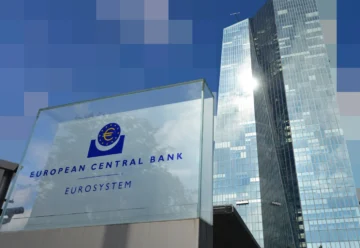Bolivia Integrates Crypto Into National Financial System

The government of Bolivia announced the beginning of cryptocurrency integration, primarily stablecoins, into the national financial system as part of a large-scale economic reform.
Bolivia’s Minister of Economy, José Gabriel Espinoza, stated that, for the first time, the country’s banks will be permitted to work with cryptocurrencies, including offering custody and lending services, as well as issuing card products that utilize them. Digital assets will gradually be recognized as a full-fledged means of payment. Reuters reports this.
According to Espinoza, the first phase of integration will focus on stablecoins, as the most predictable and technologically straightforward instrument. Their use will allow citizens to make payments and store assets in digital form through banks and licensed financial institutions. Authorities expect this to improve transparency and expand financial accessibility for those who previously lacked access to banking services.
Interest in cryptocurrencies in Bolivia has grown sharply since last year, when the previous ban on their use was lifted. Analysts note a rapid increase in transaction volumes, the population is actively converting part of their savings into digital assets to protect themselves from the depreciation of the boliviano. Espinoza emphasized that attempts to control cryptocurrencies at the state level are pointless, and that it’s more rational to make them part of the official financial landscape.
Earlier this year, Banco Central de Bolivia and El Salvador’s National Commission for Digital Assets signed an agreement of mutual cooperation aimed at developing Bolivia’s crypto-asset market.











